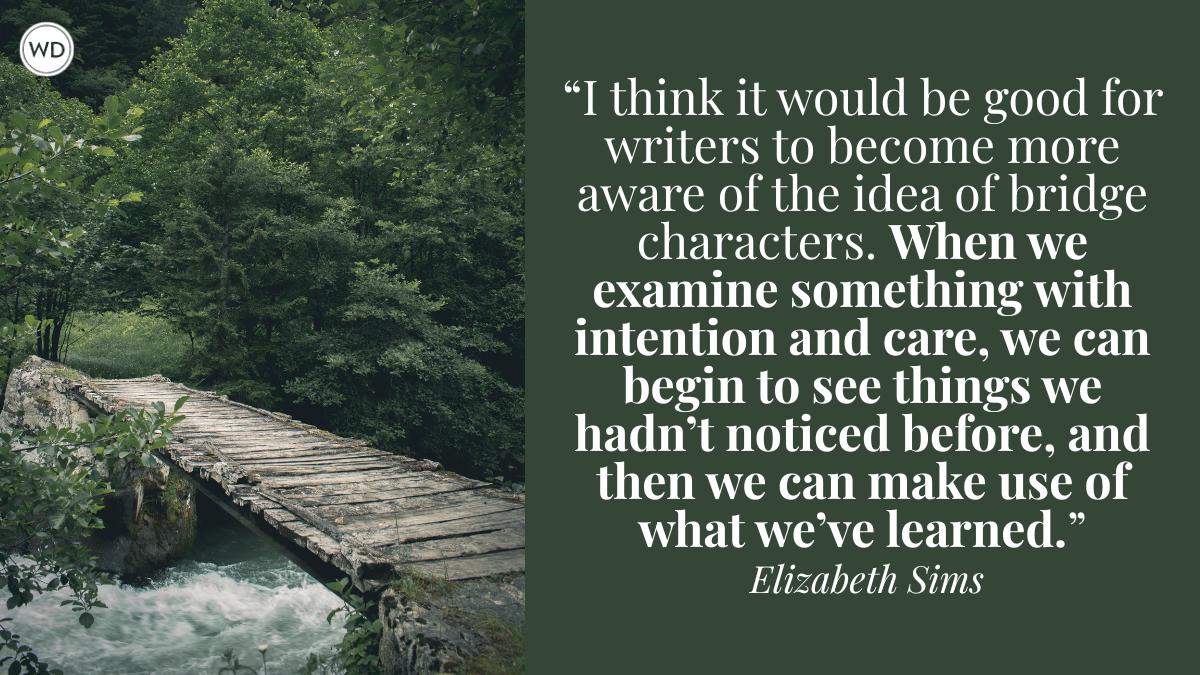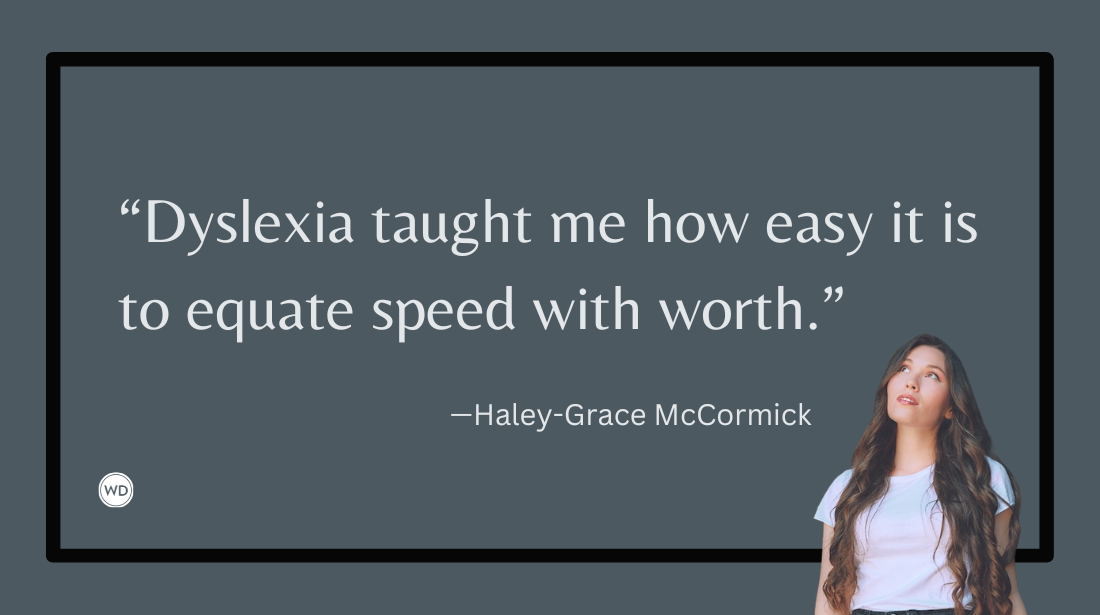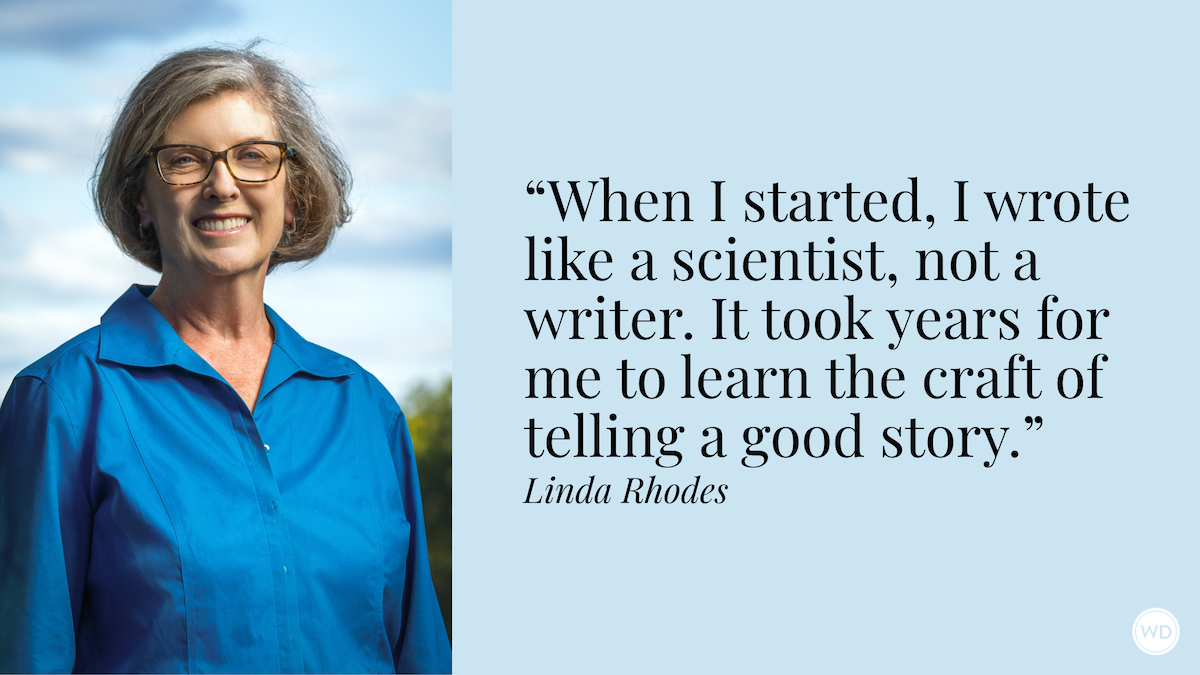I Attended My First Writing Retreat. Here’s What I Learned
Writing retreats are concentrated amounts of time to dedicate to your stories with few outside distractions. Editor Michael Woodson shares three things he learned from his first-ever writing retreat.
The morning I was meant to leave for my writing retreat, I woke up to yet another rejection email.
“Thank you for submitting your story for consideration. We really enjoyed your story, but we’re sorry this isn’t the right story for us right now.”
Not the best way to begin a creative weekend. From Thursday afternoon to Sunday morning, my two best friends and I were heading to the neighboring city for a long weekend of writing, and this felt like the universe telling me to give up now, that it’s just not going to happen for me. It’s hard to remember when writing feels good; it’s easy to believe what your anxiety tells you.
This was my first writing retreat. I’ve been writing with my two best friends for six years now. We regularly meet every month to discuss what we’ve been working on and to workshop our new pages. We’ve only actively written together once or twice in coffee shops. This was our first extended try at writing together, and it was the first time we were doing it away from home.
What I learned is that writing retreats can do more for you than to simply get you closer to “The End.” I gained so much from my writing retreat, both personally and professionally, and I want to share that with you.
Set the Right Expectations Before You Go
The week before the retreat, my therapist asked me what about it made me the most anxious. I told him I was worried that it would feel like I wasted my time and that by the end of Sunday, I won’t have felt like I achieved enough. He told me that I should anticipate that I will waste some time. That the goal is to get some work done, but also to spend time with my friends and fellow writers, and that it’s OK to not be dialed in to a creative mindset the entire time I was there.
This was a game-changer for me. I’d been telling myself that if I don’t get x number of pages written by the time we head home, it will have been a waste. But reality is very different than the goals we set for ourselves. Instead, my group and I set certain goals that made room for “wasting time,” to recharge and put our creative minds to rest for a moment. This built-in “wasted time” not only helped me step away when things became frustrating, but they helped me change my perspective about how I go about writing. Which leads me to my next point.
Experiment With Your Writing Process
My writing process is both simple and silly: Don’t write anything down until you know it’s perfect. Major LOL here.
I spend a lot of my writing process in my head, thinking out what would be drafts or notes before I put them down on paper—because I want the version of what’s in my head to read as seamlessly as possible upon first pass. I couldn’t recommend this less. This has made my writing process so slow, because I’m terrified of the messy beginning stages that I end up spending more time in writerly fantasy than I do in actual writing.
So, I used this writing retreat to try my hand at truly drafting. I felt myself hitting a wall near the end of our second day, and part of me thought, “That’s OK. You’ve made it through two days of writing. Clock out early.” Instead, I decided to try and draft, and used my writing partners for help.
One of my characters is a mother to a toddler, and my story needed a moment of reflection. So, I wanted to go back to the last days of her pregnancy. I’ve never been pregnant, and I don’t have children, and I wanted her thoughts and emotions to be authentic. So, I asked my friend Lily, a mother of three, if she wouldn’t mind spending some time telling me about her feelings of being pregnant the first time.
She started reminiscing, and I wrote down every word she said as bullet points and half-formed thoughts—but what began to grow from those seeds was a scene I wouldn’t have ever thought could fit into my story. It unlocked a part of my character I didn’t yet know. I felt like I was getting to know her as a real person. That flashback is now one of my favorite scenes I’ve ever written. It was some of the most fun I’ve had writing in a long time. Which leads me to my third and final tip.
Have Fun!
Recently, I spoke with an author who I adore, and asked him what advice he might have for other writers. He told me to remember the moment of writing what will end up being the first thing you publish, because it's the last moment that writing is for you and you alone.
Writing and publishing is stressful. It can be crushing and make you second-guess yourself. I started this weekend thinking the universe was telling me I didn’t have it in me, that yet another rejected story on the morning of my first writer’s retreat was an omen.
So, in the car on our way that Thursday, I stopped complaining about my perceived failures and reminded myself and my friends that this moment won’t happen again. We’ll never go on our first writer’s retreat again. We’ll never learn what we learned on that retreat for the first time again. These stories are hopefully the first of many, and I wanted to remember that.
By the time I was back home on Sunday afternoon, I’d forgotten completely about the rejection email I received that started everything. My characters were alive in my head, I’d made new memories with my friends, and had a path forward to continue working. We’re already planning next year’s retreat, where we promised each other we’d have new projects we were working on—whether that’s third drafts of these stories or brand new ones that need our attention.
My writing retreat started with a rejection, and ended with a reminder that every rejection is one step closer to getting that acceptance.
Michael Woodson is the content editor at Writer's Digest. Prior to joining the WD team, Michael was the editorial and marketing manager for the independent children's book publisher Blue Manatee Press. He was also the associate editor for Artists Magazine and Drawing magazine, and has written for Soapbox Cincinnati, Watercolor Artist, and VMSD magazine. An avid reader, Michael is particularly interested literary fiction and magical realism, as well as classics from Jane Austen, Ernest Hemingway, and E.M. Forster. When he's not reading, he's working on his own stories, going for a run at his favorite park, or cuddling up to watch a movie with his husband Josh and their dog Taran.








